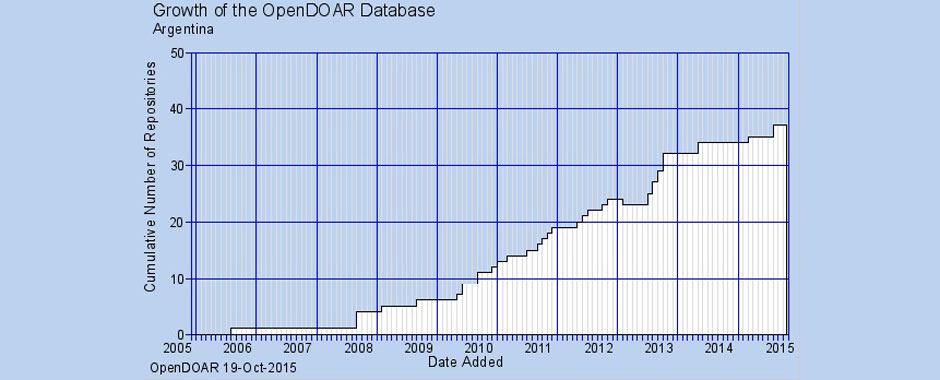In this OCSDNet blogpost for Open Access Week 2015, Mariano Fressoli and Valeria Arza write about Open Access digital repositories and the culture of Open Science in Argentina.
It’s not uncommon to hear that scientific knowledge is “universal” and “beneficial to us all.” However, accessing this knowledge is often complicated, particularly in countries that are often on the periphery of knowledge production regimes. This is because the results of scientific research are published in journals or specialized books that cannot be found in the average library. Also, international scientific editorials and databases like Elsevier, Project Muse, JSTOR and others charge exorbitant amounts of money to manage journal collections.
In Argentina, the government spends approximately 20 million dollars a year for national scientific institutions to have access to relevant publications. However, most people do not belong to these institutions and therefore simply cannot access the majority of scientific research produced both globally and locally.
